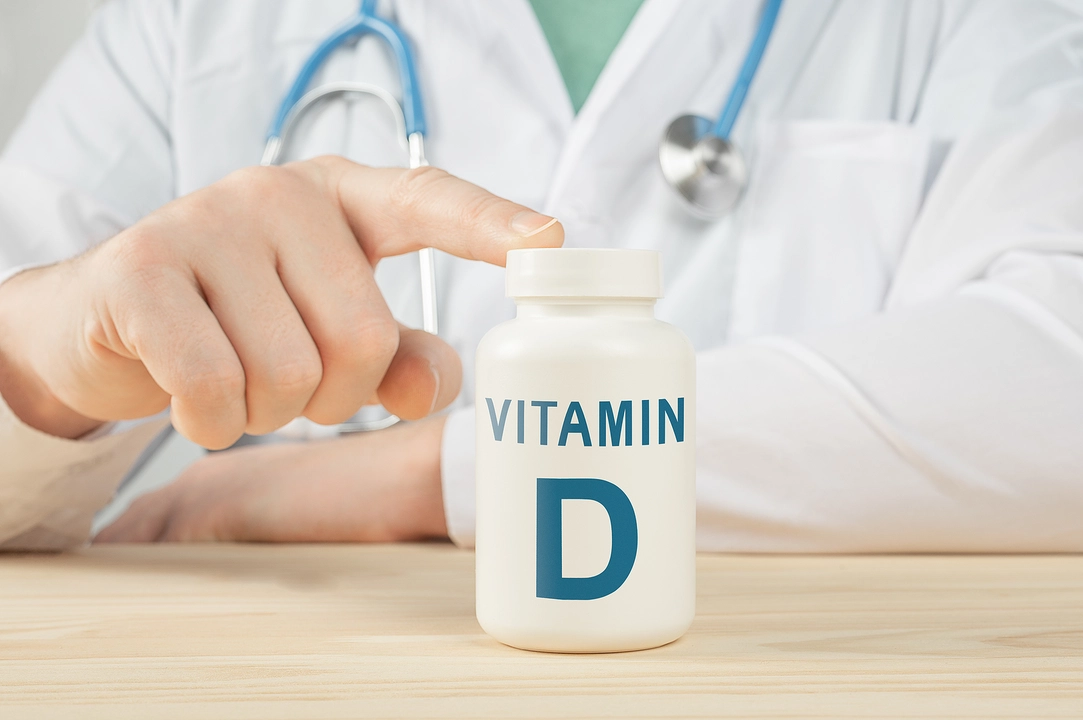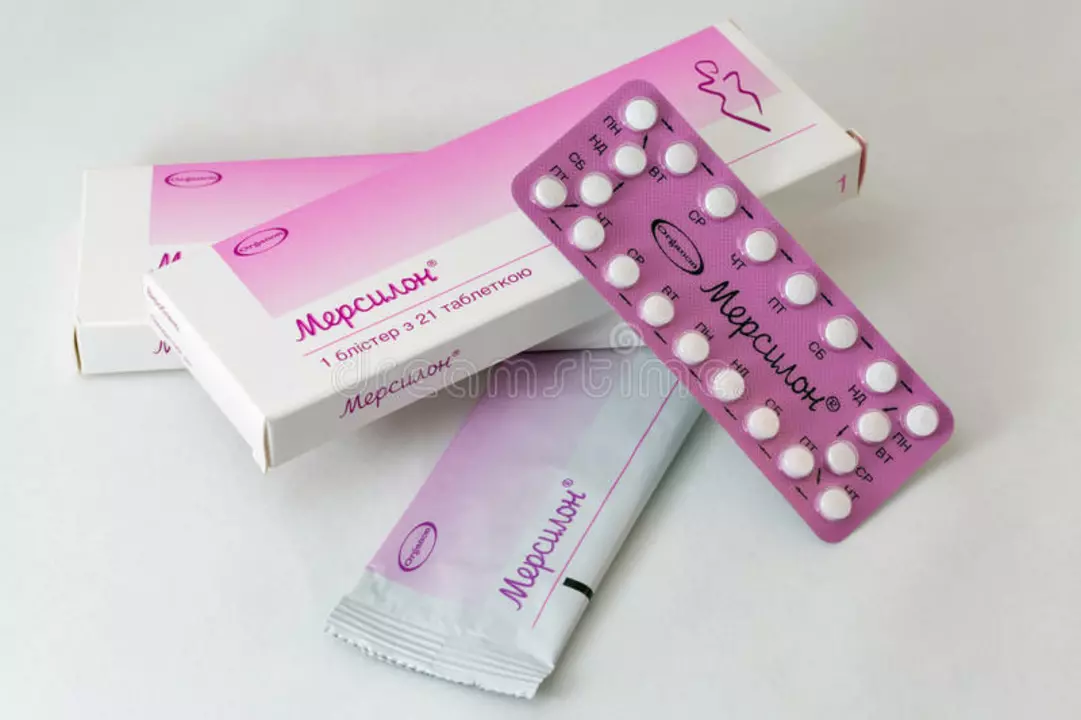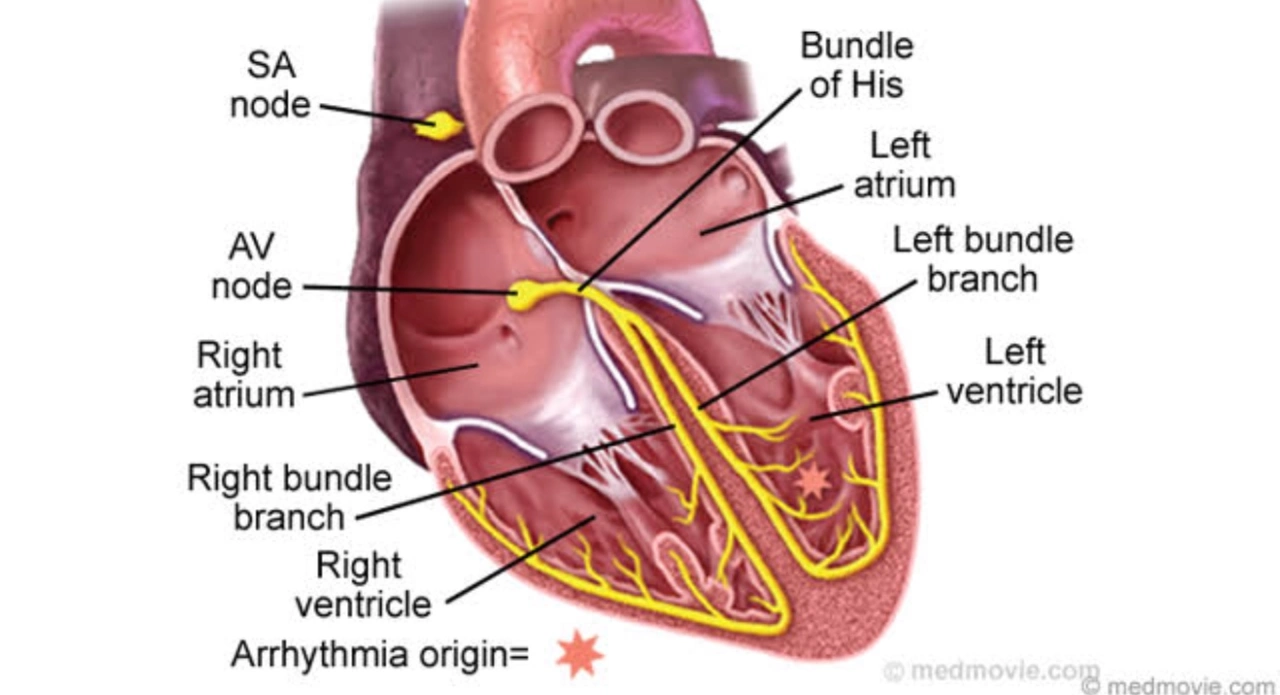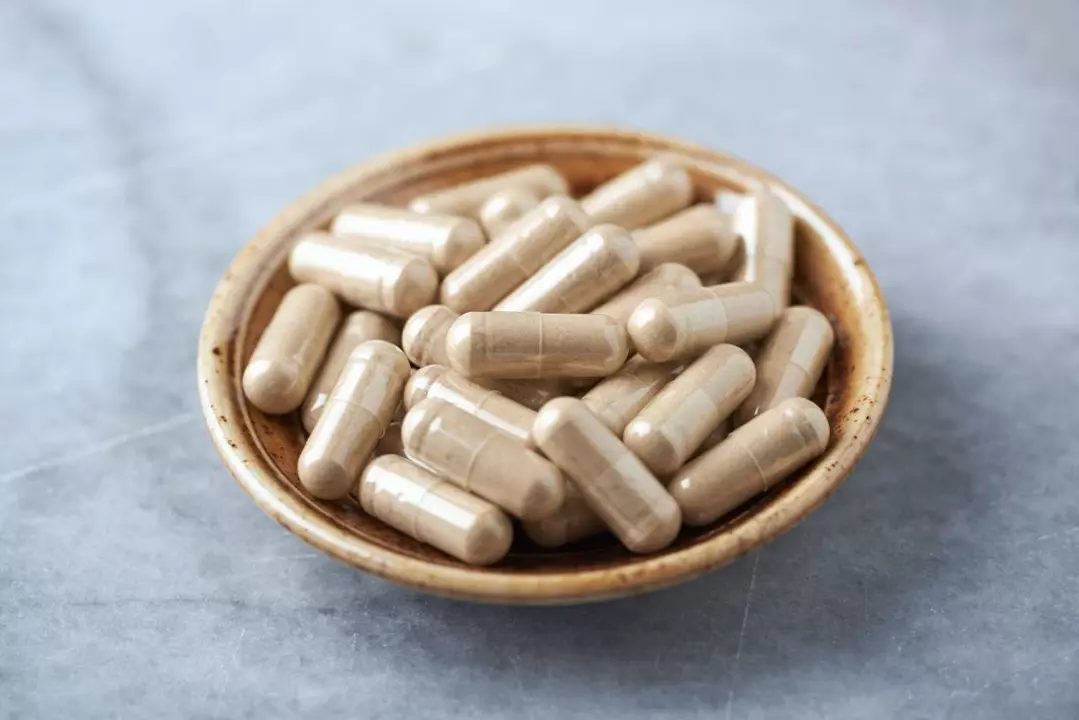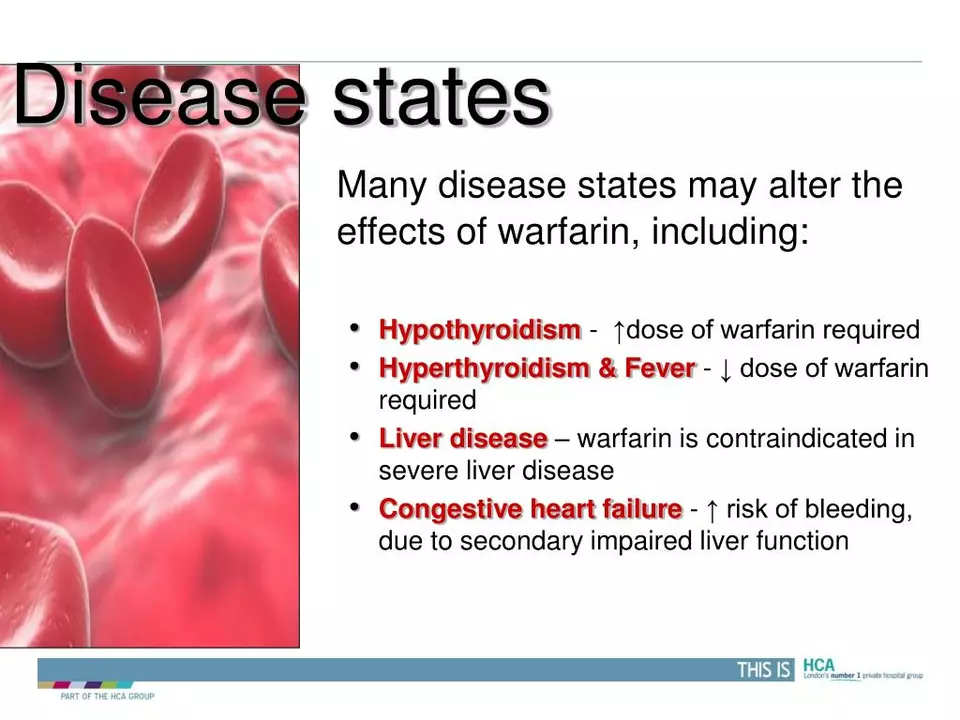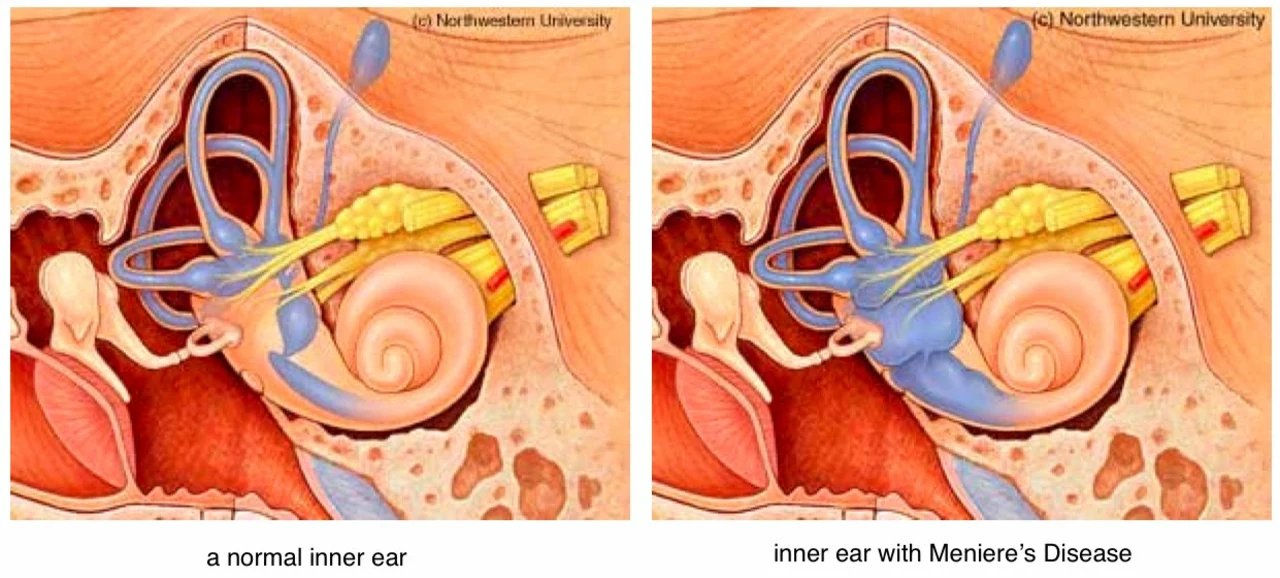Pharmaceutical Guide — May 2023: Key drug, health & supplement insights
May brought a tight set of practical posts that tackle everyday health choices: supplements, drug safety, infection risks, and simple steps you can use right away. No fluff—just clear tips and what to watch for.
Highlights from May
Vitamin D and bone loss: Low vitamin D reduces calcium absorption and raises fracture risk. Aim for sensible sun exposure, calcium-rich foods, and check levels before starting supplements. Talk to your doctor about dosing if you have bone loss or osteoporosis.
Methocarbamol for muscle spasms: It calms the nervous system to relieve tight muscles. Works fast for acute spasms, but expect drowsiness and avoid driving until you know how it affects you. Stick to prescribed doses and combine with rest and gentle stretching.
Sickle cell advocacy: Voices matter. Advocacy raises funds, improves care, and changes policy. If you or a loved one are affected, look for local groups, share personal stories, and support screening and research efforts.
Clavulanate in hospital infections: Clavulanate blocks beta-lactamase enzymes, restoring antibiotics’ power against resistant bugs. It’s often paired with amoxicillin for tough hospital-acquired infections. Use only when prescribed to avoid fueling resistance.
Desogestrel-Ethinyl Estradiol and athletic performance: Hormonal contraceptives can ease menstrual symptoms but may affect fluid balance and perceived strength for some women. If you’re an athlete, track changes after starting a pill and discuss alternatives with your clinician.
Skullcap supplement: Used for anxiety and sleep, skullcap shows anti-inflammatory and calming effects. Try low doses first and avoid mixing with sedatives or alcohol. Ask your pharmacist about interactions with other meds.
Atrial fibrillation and smoking: Smoking raises AFib risk by damaging the heart’s electrical system. Quitting lowers that risk. Consider nicotine replacement, counseling, or prescription quit aids to improve heart rhythm chances.
Ashwagandha benefits: This herb can help stress, sleep, and focus for many people. Start with a known brand, watch for stomach upset, and avoid if you’re on thyroid or immunosuppressive drugs without doctor approval.
Warfarin and drug-induced lupus: Rarely, warfarin can trigger lupus-like symptoms—joint pain, rash, fatigue. If these appear, contact your prescriber; they may check for autoimmune markers and adjust treatment.
Meniere's disease and allergies: Allergy-driven inflammation may worsen inner ear fluid issues for some people. Managing allergies—through meds or allergen avoidance—can reduce flare frequency for those affected.
Sarcoptes scabiei and fomites: Scabies mites can survive up to 72 hours on bedding or clothes. Wash items in hot water and avoid sharing fabrics after exposure to cut indirect spread.
Antibiotic-resistant infections: Resistance keeps rising. Preserve antibiotics by using them only when needed, completing prescribed courses, and supporting vaccination and infection control measures.
Skin pain and weather changes: Dry air and cold increase skin pain and irritation. Moisturize regularly, use gentle cleansers, stay hydrated, and protect skin from wind and sun.
Practical takeaways
Check vitamin D if you have bone issues. Use prescription antibiotics responsibly. Try one supplement at a time and watch for side effects. If you smoke or experience new symptoms on meds, talk to your clinician early. Small changes—laundry habits, moisturizer, tracking performance—make a big difference.
Vitamin D and Bone Loss: What You Need to Know
As a blogger, I recently explored the connection between vitamin D and bone loss, and I want to share some crucial information with you all. It turns out, vitamin D plays a vital role in maintaining our bone health by helping our bodies absorb calcium. Unfortunately, many of us are deficient in this essential nutrient, which can lead to bone loss and an increased risk of fractures. To prevent this, it's important to get enough vitamin D through sunlight exposure, a balanced diet, or supplements. Taking care of our vitamin D levels is a simple yet effective way to keep our bones strong and healthy throughout our lives.
Methocarbamol for Muscle Spasms: How it Works
In my latest blog post, I discussed Methocarbamol and its effectiveness in treating muscle spasms. I explained how it works as a central nervous system depressant, helping to relieve muscle pain by reducing muscle stiffness and inflammation. We also looked at the possible side effects of this medication and the importance of following the prescribed dosage. Overall, Methocarbamol can be a helpful option for those suffering from muscle spasms. If you're interested in learning more, head over to the blog for the full post.
The Importance of Advocacy in the Sickle Cell Anemia Community
As a blogger, I cannot stress enough the importance of advocacy in the sickle cell anemia community. Through raising awareness, we can not only educate the public about this genetic disorder but also support those affected by it. Advocacy plays a critical role in influencing policy changes and securing funding for research and treatment. By working together, we can create a more inclusive and understanding society for those living with sickle cell anemia. I am proud to be a part of this movement and will continue to use my platform to make a difference.
The role of clavulanate in treating hospital-acquired infections
As a blogger, I've recently come across the significant role of clavulanate in treating hospital-acquired infections. Clavulanate is a powerful beta-lactamase inhibitor that is often combined with antibiotics like amoxicillin to increase their effectiveness against resistant bacteria. This combination helps to overcome the problem of antibiotic resistance in many hospital-acquired infections, including pneumonia and urinary tract infections. Additionally, clavulanate offers a broad-spectrum solution, effectively treating a wide variety of bacterial infections. It's truly fascinating how this mighty compound has become an essential weapon in our ongoing battle against antibiotic resistance in hospitals.
Desogestrel-Ethinyl Estradiol and Its Impact on Athletic Performance
As a blogger, I've recently been researching Desogestrel-Ethinyl Estradiol and its impact on athletic performance. From what I've learned, this hormonal combination, often found in oral contraceptives, can have both positive and negative effects on athletes. On one hand, it can help regulate the menstrual cycle, reducing pain and discomfort during periods, which can be beneficial for maintaining consistent performance. On the other hand, some studies suggest that these hormones may lead to fluid retention and decreased muscle strength in some women. Overall, the impact of Desogestrel-Ethinyl Estradiol on athletic performance seems to vary among individuals, and it's essential to consult with a healthcare professional before making any decisions regarding its use.
Skullcap: The Powerful Dietary Supplement for a Healthier You
In my latest blog post, I've explored the amazing benefits of skullcap, a powerful dietary supplement that can truly make a difference in our overall health. This incredible herb is known to help reduce anxiety, improve sleep, and even boost our cognitive abilities. Additionally, it has anti-inflammatory properties and can aid in managing chronic conditions. I highly recommend giving skullcap a try if you're looking to improve your well-being naturally. Don't miss out on this fantastic addition to your daily health regimen!
Atrial Fibrillation and Smoking: The Dangers and How to Quit
As a blogger, I recently explored the topic of Atrial Fibrillation (AFib) and smoking. I learned that smoking is a major risk factor for developing AFib as it can damage the heart's electrical system and lead to irregular heartbeats. The dangers of AFib include an increased risk of stroke, heart failure, and other serious health complications. I also discovered that quitting smoking can help reduce the risk of AFib and improve overall heart health. To help those struggling with smoking, I shared various strategies to quit, such as nicotine replacement therapy, counseling, and support groups.
Experience the Life-Changing Benefits of Ashwagandha: The Superhero of Dietary Supplements
I recently discovered Ashwagandha, a powerful dietary supplement that has truly transformed my life in various ways. This ancient herb, known as the superhero of dietary supplements, has multiple health benefits, ranging from stress reduction to improving brain function. I've personally experienced better sleep, increased energy levels, and enhanced mental clarity since incorporating Ashwagandha into my daily routine. I highly recommend giving this incredible herb a try to experience its life-changing benefits for yourself. Trust me, you won't regret it!
Warfarin and Drug-Induced Lupus: A Rare but Serious Side Effect
I recently came across an article discussing Warfarin and its connection to drug-induced lupus, which is a rare but serious side effect. Warfarin, a common blood-thinning medication, has been known to cause this autoimmune disorder in some patients. It's important to be aware of this risk, especially if you or a loved one is taking Warfarin. Symptoms of drug-induced lupus can vary, but they often include joint pain, fatigue, and skin rashes. If you notice any of these symptoms while on Warfarin, it's crucial to consult your doctor immediately to prevent complications.
Meniere's Disease and Allergies: Is There a Link?
As someone who suffers from allergies, I've often wondered if there's a connection between them and Meniere's Disease. Recently, I've come across some information that points towards a possible link. It seems that both conditions involve the immune system and inflammation, which could be the common ground between them. Some studies even suggest that managing allergies might help alleviate symptoms of Meniere's Disease. I'm definitely interested in learning more about this connection and how it might impact my own health.

